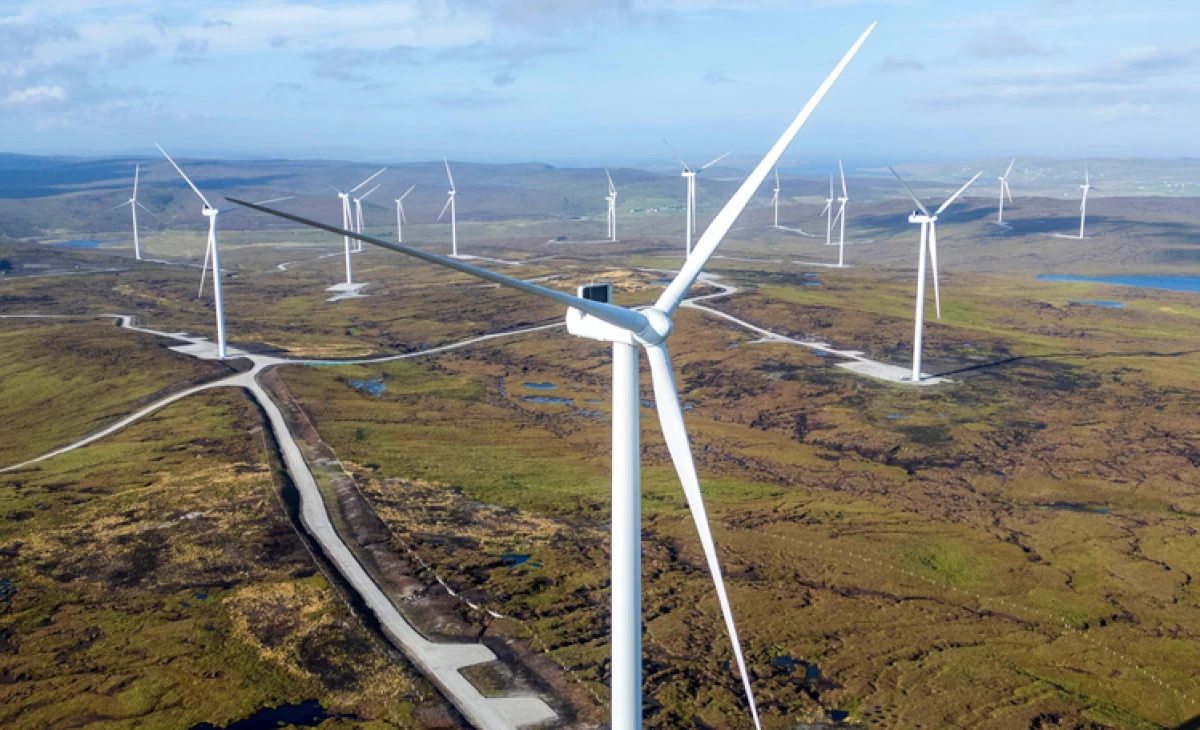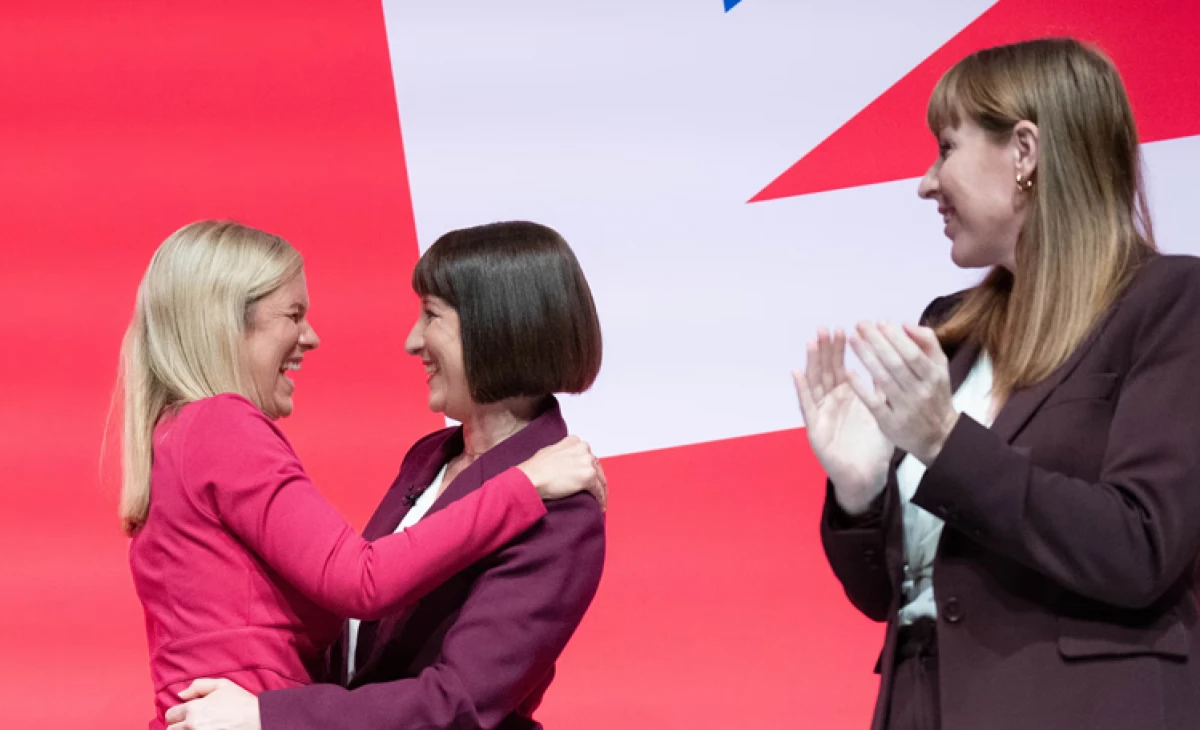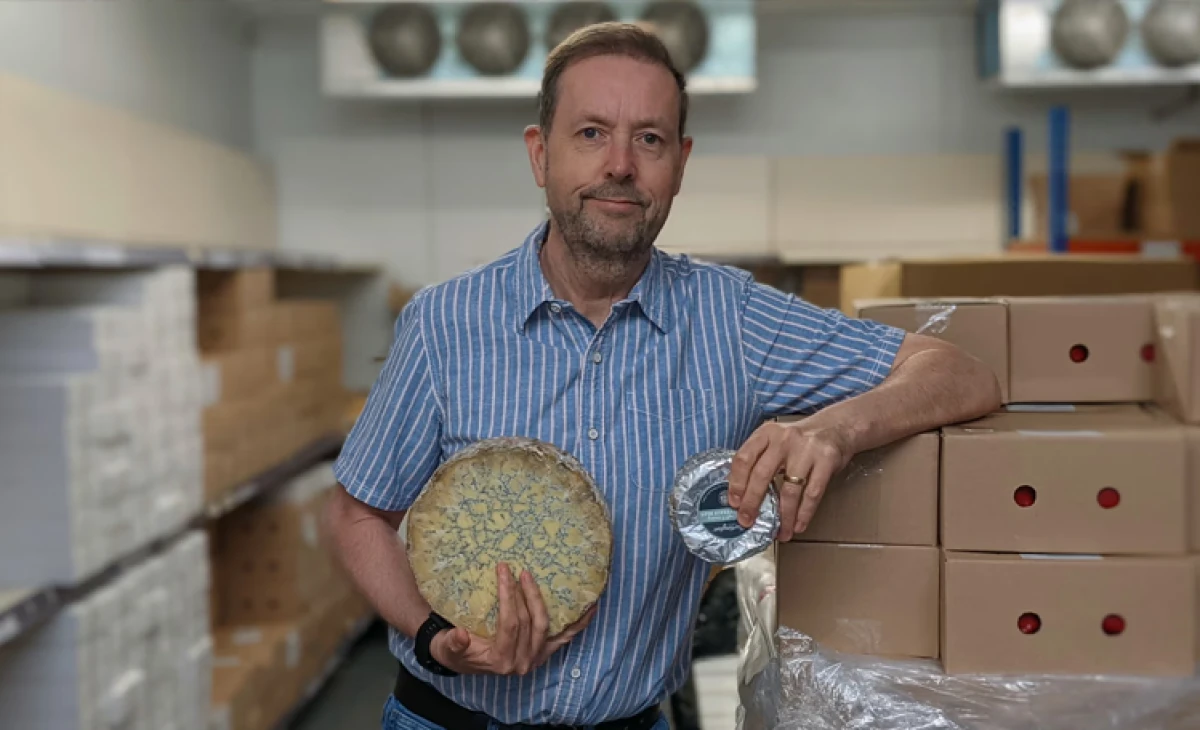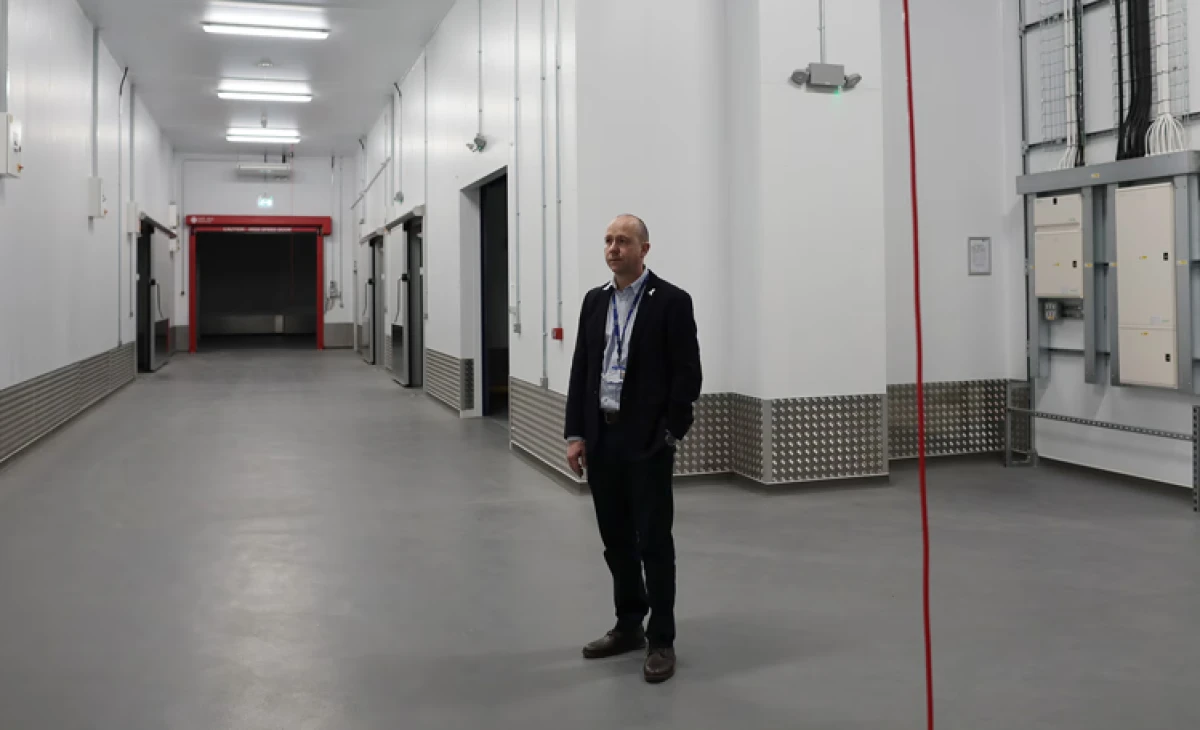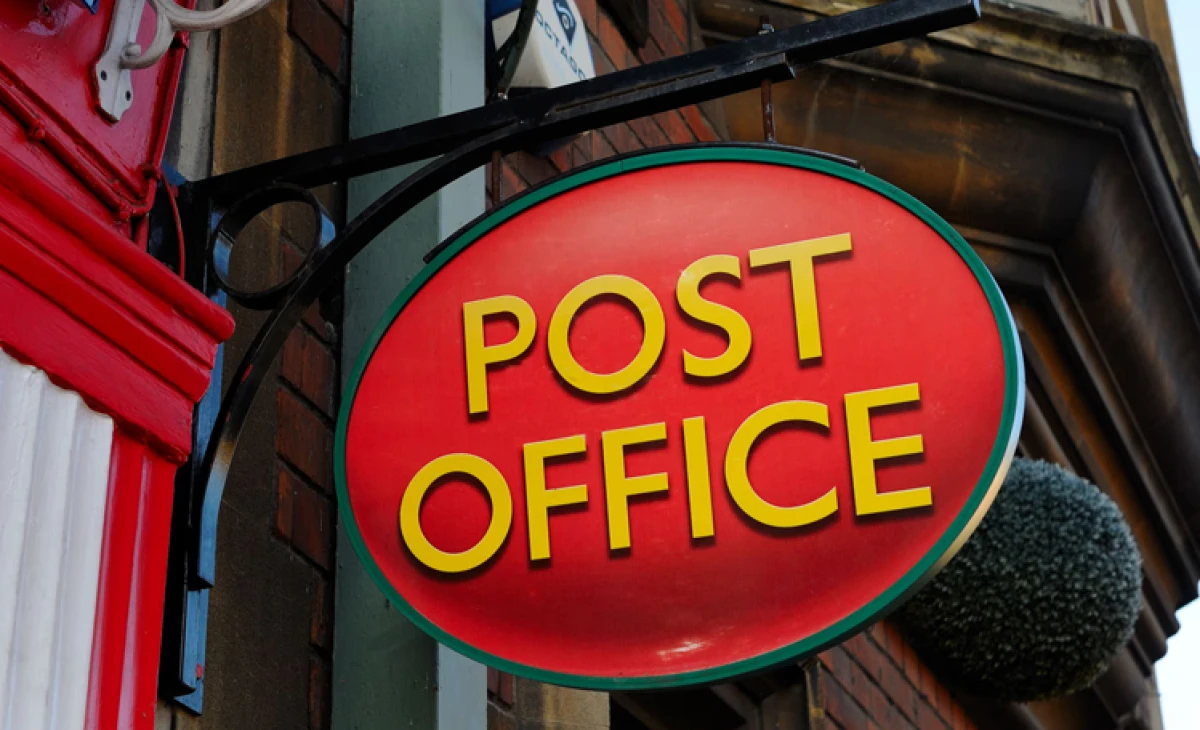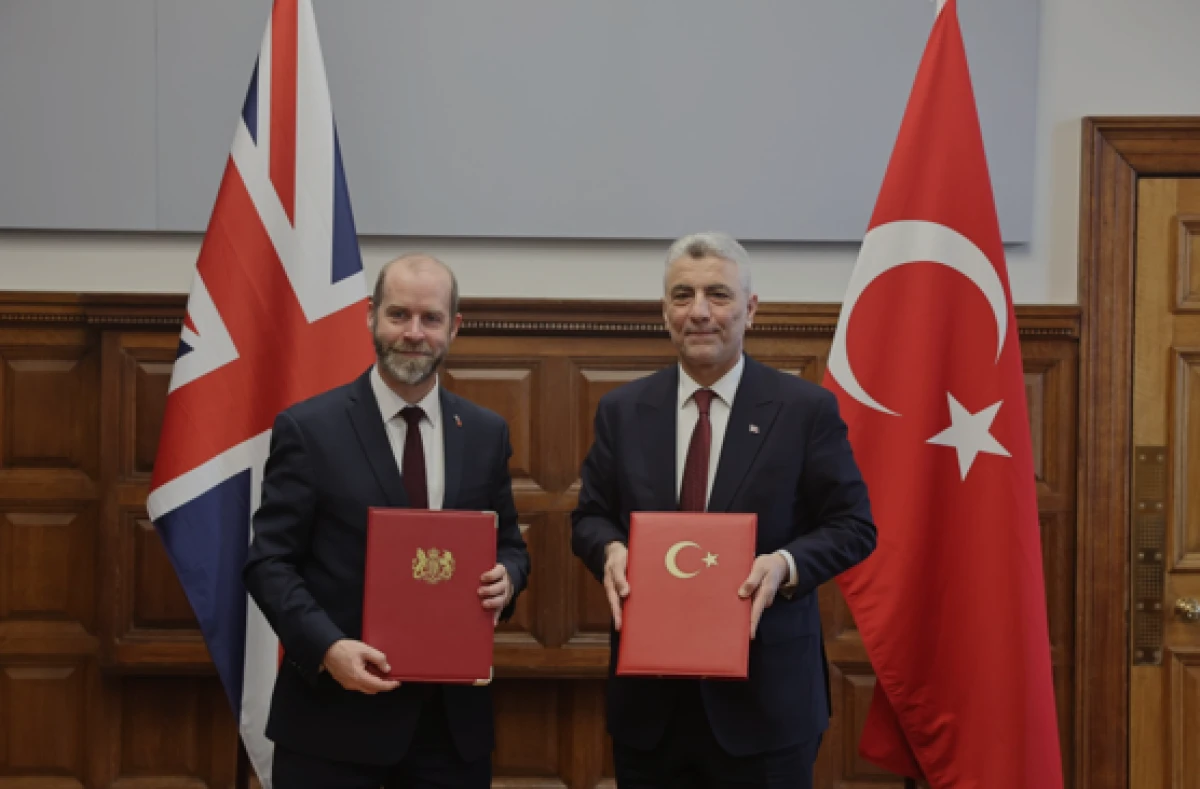Blow to UK’s 2030 clean energy targets as SSE cuts spending on renewables
Blow to UK’s 2030 clean energy targets as SSE cuts spending on renewables
Developer shrinks five-year investment plans by £3bn blaming policy and planning delays
One of the UK’s biggest energy developers will cut its planned spending on new renewables projects in a blow to the government’s 2030 clean power targets.
SSE warned that it would be unlikely to meet its own renewable energy goals for the end of the decade after shrinking its five-year spending plans by £3bn to £17.5bn.
The spending cuts will include investing £1.5bn less on developing renewable energy initiatives, including offshore windfarms and a hydropower project, with another £1.5bn cut from its planned spending on other energy and transmission projects.
SSE’s outgoing chief executive, Alistair Phillips-Davies, blamed “delays to policy and planning” and “a changing macro environment” for the spending cuts, which have cast fresh doubt on the government’s clean power goals.
Phillips-Davies said the company had faced delays to two Scottish renewable energy projects – the Coire Glas hydropower project in the Highlands, and the Berwick Bank offshore windfarm development, which was submitted to the Scottish government for approval in late 2022.
Together these renewable energy projects would power the equivalent of approximately 9m households in the UK once operating. SSE has also faced delays to the second phase of its Arklow Bank offshore windfarm off the Irish coast.
The government had aimed to double the UK’s onshore wind power, triple its solar power, and quadruple its offshore wind capacity by 2030 as part of a plan to create a power system 95% free of fossil fuels.
SSE had expected to help the government meet these goals by increasing its renewable energy generation fivefold to 50 terrawatt hours (TWh) by 2030. Its renewable energy generation output climbed by 18% last year to reach 13.3TWh in March of this year.
SSE’s step back from renewable energy investment will enable the FTSE 100 energy group to focus on investing in high-voltage power cables and local electricity distribution grids, which provide predictable, regulated returns.
The company’s overall adjusted profits slipped by 3% to £2.14bn for the year.
Phillips-Davies used his final statement before he steps down from the role later this year to underline the company’s commitment to developing new offshore windfarms in UK waters.
He said SSE would continue its pace of investment, which stands at £8m a day, and called for stable market conditions and low risk to support its ambitions.
This includes scrapping proposals to replace Great Britain’s electricity market with a series of zonal markets with prices set by local supply and demand, according to Phillips-Davies. “While the market needs reform, it does not need zonal [pricing],” he said.
“We’ve seen a whole swathe of the industry – all the main developers – come out firmly against zonal. It adds a whole lot of uncertainty and tens of billions of pounds to the cost of getting to net zero by 2030. It also introduces – tragically – a potential postcode lottery on people’s bills,” he said.
Yorumunuz başarıyla alındı, inceleme ardından en kısa sürede yayına alınacaktır.

